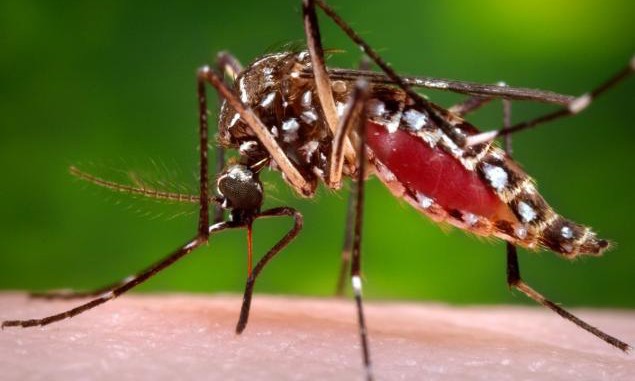
The World Health Organization (WHO) affirmed the Zika virus and its possible link to birth defects as an international public health emergency on Feb. 1— a move establishing the severity of an epidemic that has already spread to the majority of Latin America and the Caribbean.
An outbreak of the virus was detected in Brazil in May 2015 and has since spread to more than 20 Latin American countries, as well as Costa Rica and Jamaica. The mosquito-borne virus has been linked to a birth defect called microcephaly, a condition resulting in abnormal head size and developmental delay in babies born to mothers with the illness.
Though no official connection between the virus and microcephaly has been determined, the Centers for Disease Control and Prevention (CDC) has cautioned pregnant women from traveling to the affected areas. Travel warnings have been issued for over 20 countries, including Brazil, which is set to host the Olympic Games in August.
Locally, the Zika virus has been a daily topic of conversation for travel professionals, New Paltz Travel Center president Colleen Gillette said.
“I’ve been working to reroute trips for customers who are pregnant or trying to get pregnant because their doctors are highly suggesting that they refrain from traveling out of the country,” Gillette said. “There’s been so much on the news about Zika lately that everyone has questions about it— but the majority of people that have already booked trips are still going regardless.”
Despite this, data from The World Bank shows that fears of the Zika virus could cause affected countries a loss of nearly $63.9 billion in tourism revenue.
On the epidemic’s frontline, Zika has sparked a surge of concern among Latin American and Caribbean women, as some are being advised by their nation’s health officials to delay pregnancy. But in some areas, contraception is scarce and abortion is often illegal, The New York Times reports.
New Paltz-based lactation consultant and maternity store owner Donna Bruschi said she understands the feelings women who are already pregnant in these areas may have, despite the low risk of the virus being present locally.
“Women who are pregnant really like to take care of themselves and any feeling of potential harm to their baby is magnetized,” Bruschi said. “In the U.S., there’s really not a lot of risk involved when having a child— most worry about harm of secondhand smoke or how their diet affects the baby. But in these countries, [Zika] is just like this type of unpredictable wild card.”
At the epicenter of the outbreak, Brazilian health officials are looking to join forces with American researchers to develop a vaccine for the virus, Reuters reports. The virus is carried by Aedes aegypti mosquitoes, the same carrier of West Nile and Dengue fever – a species that thrives in the tropical climates of the Southern Hemisphere.
Raisa Lassance, a student from Rio de Janiero who studied internationally at SUNY New Paltz last year, said everyone around her at home is trying to be as proactive as they can to avoid mosquitos.
“People here are scared,” Lassance said from Brazil. “The disease is spreading fast, carried on by the same mosquito as Dengue, which has been hard for us in past years. I recently traveled to the Northeast region of Brazil, where the problem is even worse than here and I didn’t stay one minute without applying repellent. I think everybody here is doing the same.”
The WHO estimates four million people could be infected with the mosquito-borne illness by the end of the year. There are currently 50 reported cases of Zika within the United States, all but one credited to international travel. The other was sexually transmitted to a person in Texas whose partner had just returned from Venezuela with the virus.
About one in five people infected with the virus actually exhibit symptoms, which, according to the CDC, has caused many cases of the virus go on undetected. Those with the virus may experience fever, rash, joint pain, muscle pain, headache or red eyes. Though symptoms can be hindered with rest and medicine, there is no developed treatment plan or vaccine for the virus.
The CDC stresses that unless traveling to the affected areas, the risk of transmitting the virus locally in the U.S. is very low.
This is the third time since 2009 the WHO has issued a public health emergency: first in 2009 for the influenza pandemic, and again in 2014 for both polio and Ebola.
